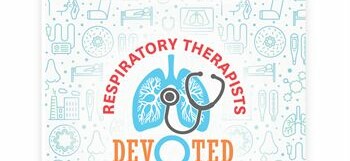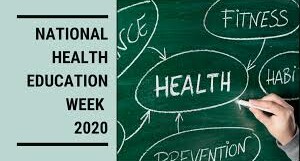Healthy Lung Month
October is Healthy Lung Month! Private Home Care would like to breathe some life onto an important subject: how to best care for your lungs! Simply put, if we take care of our lungs, our lungs will take care of us. Your body has a natural defense system designed to protect the lungs, keeping dirt and germs at bay. But there are some important things you can do to reduce your risk of lung disease. Here are some ways to keep your lungs healthy:
-Don’t smoke: Cigarette smoking is the major cause of lung cancer and chronic obstructive pulmonary disease (COPD), which includes chronic bronchitis and emphysema. Cigarette smoke can narrow the air passages and make breathing more difficult. It causes chronic inflammation, or swelling in the lung, which can lead to chronic bronchitis. Over time cigarette smoke destroys lung tissue and may trigger changes that grow into cancer.
-Avoid exposure to indoor pollutants that can damage your lungs: Secondhand smoke, chemicals in the home and workplace, and radon all can cause or worsen lung disease. Make your home and car smokefree. Test your home for radon and mold. Avoid exercising outdoors on bad air days. And talk to your healthcare provider if you are worried that something in your home, school or work may be making you sick.
-Prevent infection: Proper hygiene and good health practices are important for preventing infection, especially during cold and flu season. Take precautions such as frequently washing your hands with soap and warm water or using hand sanitizer. Make sure to get your yearly flu shot and stay away from people who are sick. Practice good oral hygiene.
-Get regular checkups: Regular checkups help prevent disease and illness, even if you are feeling well. Your healthcare provider will check your lungs during your yearly checkup to make sure that everything is in top working order.
-Exercise: Exercise is important for lung and respiratory health. When you are physically active, your heart and lungs work harder to supply the additional oxygen your muscles demand. Just like regular exercise makes your muscles stronger, it also makes your lungs and heart stronger. As your physical fitness improves, your body becomes more efficient at getting oxygen into the bloodstream and transporting it to the working muscles. That’s one of the reasons that you are less likely to become short of breath during exercise over time. Some types of exercise can also strengthen the muscles of the neck and chest, including the diaphragm and muscles between the ribs that work together to power inhaling and exhaling.
Private Home Care wishes everyone a happy Healthy Lung Month! We hope this serves as an inspiration to give your lungs some extra love by doing breathing exercises.
Posted in: Healthcare
Leave a Comment (115) →






